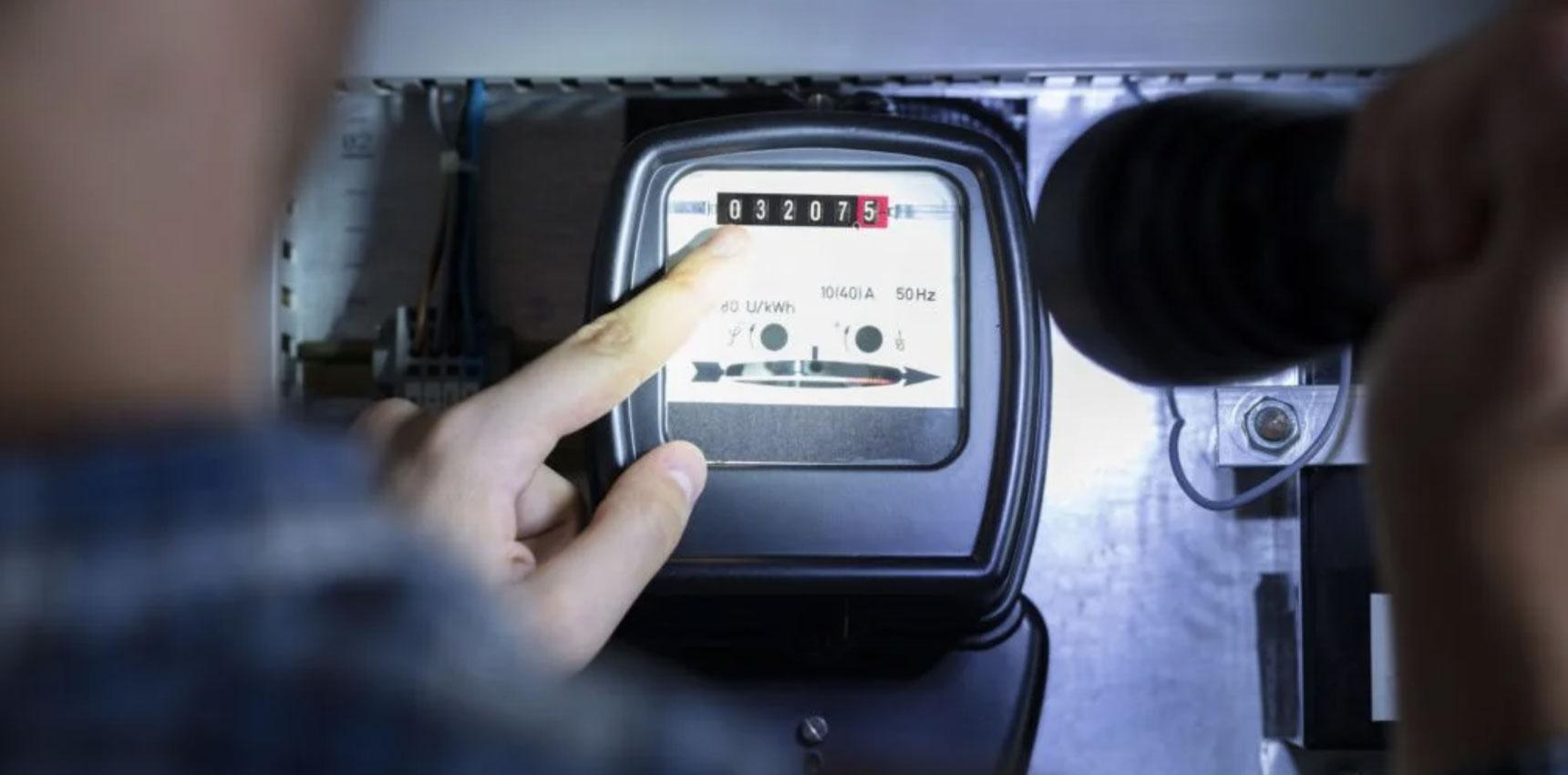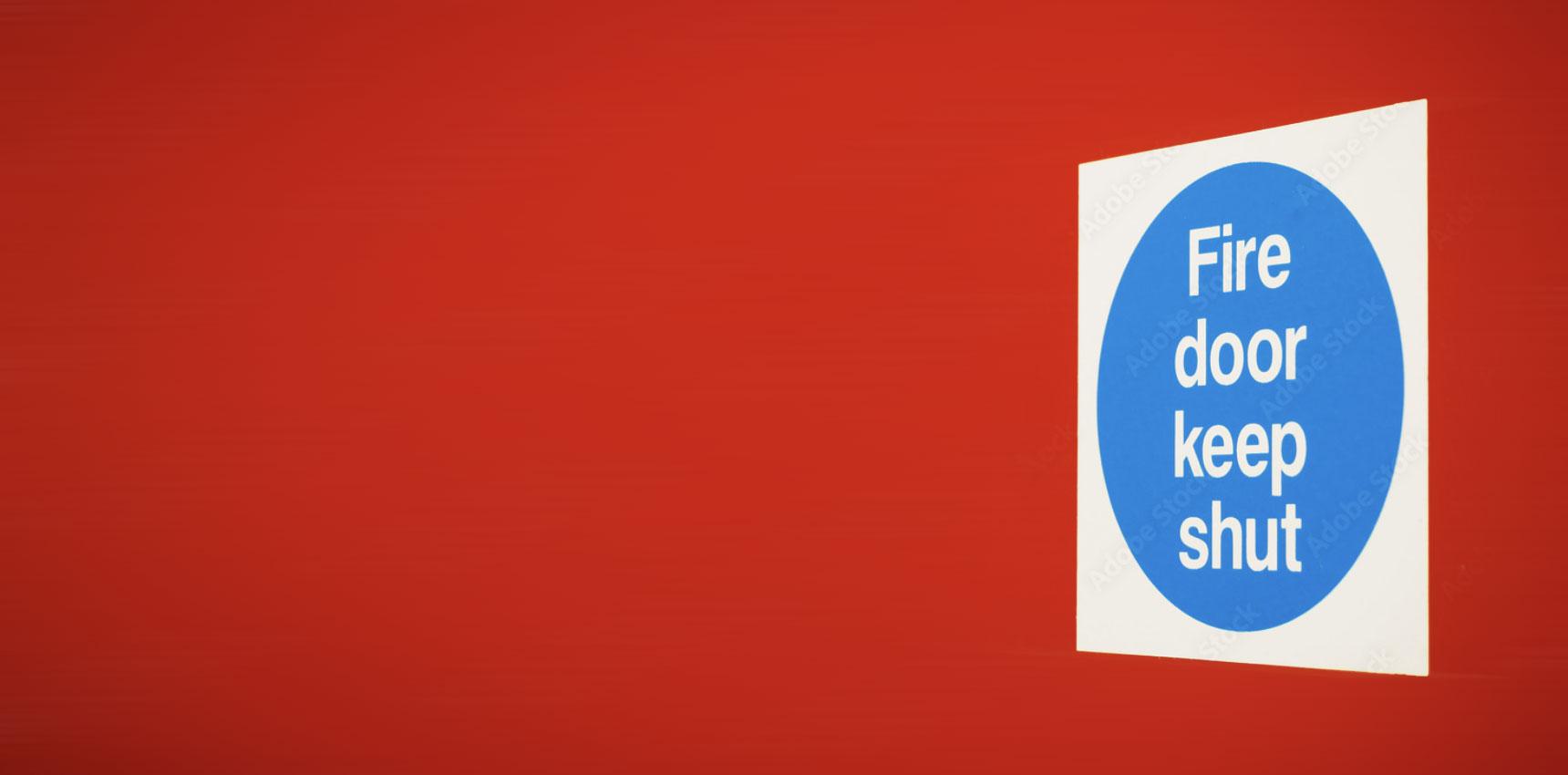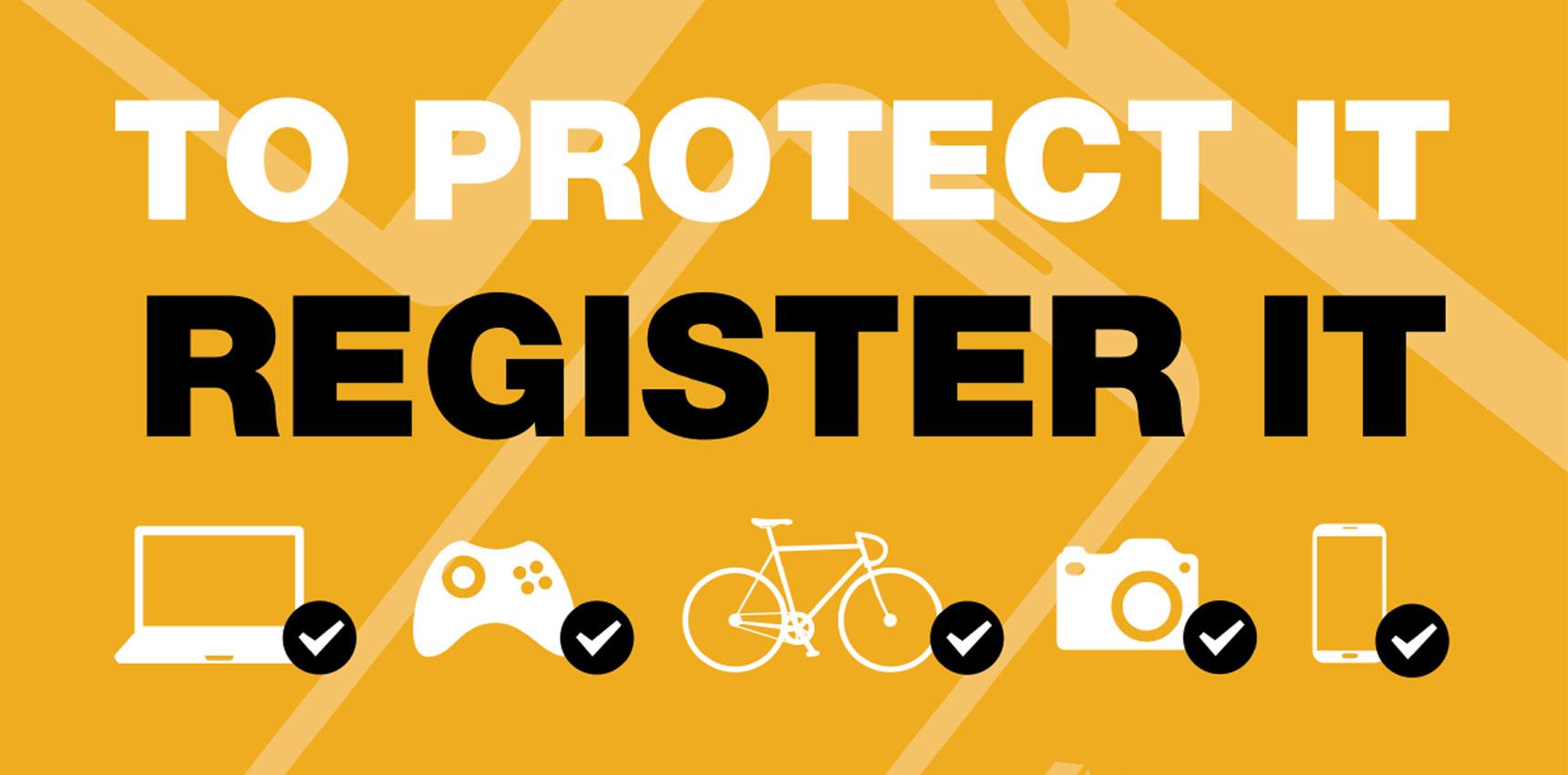Fire safety is a top priority for you as a landlord or letting agent, especially if you manage Houses in Multiple Occupation (HMOs). Ensuring your rental properties follow fire safety rules is not just a legal duty but also crucial for protecting your tenants. One key part of fire safety that you may overlook is checking and maintaining fire doors regularly.
What is a Fire Door and Why is it Important?
Fire doors are designed to stop fire and smoke from spreading between parts of a building. Their main job is to give people time to escape and limit fire damage. Fire doors must meet British standards, such as BS 476-22 or BS EN 1634-1, which set out how long they should hold back fire.
In a fire, well-installed and maintained fire doors can stop flames for 30 or 60 minutes, depending on their rating. This extra time can save lives and reduce damage to your property.
Legal Duties for Landlords and Letting Agents
Fire door rules are covered by several UK laws, including:
- • The Regulatory Reform (Fire Safety) Order 2005
- • Housing Act 2004
- • Building Regulations 2010 (Part B – Fire Safety)
- • Fire Safety (England) Regulations 2022
- • LACORS Housing Fire Safety Guidance
These laws and guidance documents require you to ensure fire doors are properly fitted, working, and checked regularly.
Under the Housing Act 2004, if you manage an HMO, you are subject to stricter fire safety rules than single-family homes. Fire doors are required in HMOs, especially for bedrooms, kitchens, and shared escape routes.
Fire Door Requirements in HMOs
- Installation: You must install fire doors in areas at higher risk, like kitchens, living rooms, and bedrooms. They should have FD30 or FD60 ratings, meaning they resist fire for 30 or 60 minutes.
- Self-Closing Devices: Fire doors need self-closing devices, so they shut automatically.
- Seals and Frames: Ensure fire doors have intumescent strips and smoke seals. These expand when heated, blocking gaps to stop fire and smoke.
- Signage: Make sure fire doors have signs like “Fire Door Keep Shut.”
Fire Door Inspections: Best Practices
You must check fire doors regularly to ensure they work as they should. This is required by the Regulatory Reform (Fire Safety) Order 2005 and supported by the LACORS guidance.
What to Check:
- • Gaps and Seals: Look for gaps larger than 4mm around the door. Intumescent strips and seals must be in good condition.
- • Door Closers: Make sure the door closes fully but doesn’t slam.
- • Hinges and Fixings: Check that hinges are tight and there are at least three fire-rated hinges.
- • Door Surface: Look for cracks or damage that could weaken the door.
- • Certification: The fire door should have a certification label showing it meets British standards.
How Often to Inspect:
- • Visual Checks: Carry out a basic check every three months.
- • Full Inspections: Arrange for a trained inspector to carry out a full inspection at least once a year.
Requirements for Buildings Above and Below 18 Metres
The fire safety rules for your buildings depend on their height, particularly for those above or below 18 metres:
- Buildings Below 18 Metres:
- • Routine inspections and maintenance of fire doors are required, with clear guidance from LACORS on best practices.
- • Inspection Frequency: You should visually inspect fire doors every three months, with a full inspection by a qualified professional at least once a year.
- Buildings Above 18 Metres:
- • You must check fire doors at least quarterly and ensure all self-closing devices are operational.
- • Inspection Frequency: Communal fire doors must be checked every three months, and flat entrance doors must be inspected at least once every six months. A full inspection by a qualified professional is required annually.
- • Additional measures such as fire-stopping systems and enhanced compartmentation are often required in taller buildings.
What Happens if You Don’t Comply?
If you fail to keep fire doors in good shape, you could face fines, legal action, or prison if negligence leads to harm or death. Insurance claims may also be denied, and tenants could take legal action against you.
Why Regular Fire Door Checks Matter
- • Tenant Safety: Fire doors help protect lives.
- • Legal Protection: Regular checks help you avoid fines or legal trouble.
- • Less Property Damage: Fire doors stop fire from spreading, reducing damage.
- • Good Reputation: Following fire safety rules shows you care and act responsibly, making your properties more attractive to tenants.
Fire door checks are essential for fire safety in your rental properties, especially HMOs. You must ensure fire doors are fitted correctly, regularly checked, and fully functional. By following British standards, the law, and LACORS guidance, you help create safer homes for your tenants.
For professional advice, fire door checks, and fire safety services, you should work with trusted fire safety experts to ensure full compliance and peace of mind.
Written by Matt Kemp from Help and Safety at Work, a member of The Local View Peterborough.





